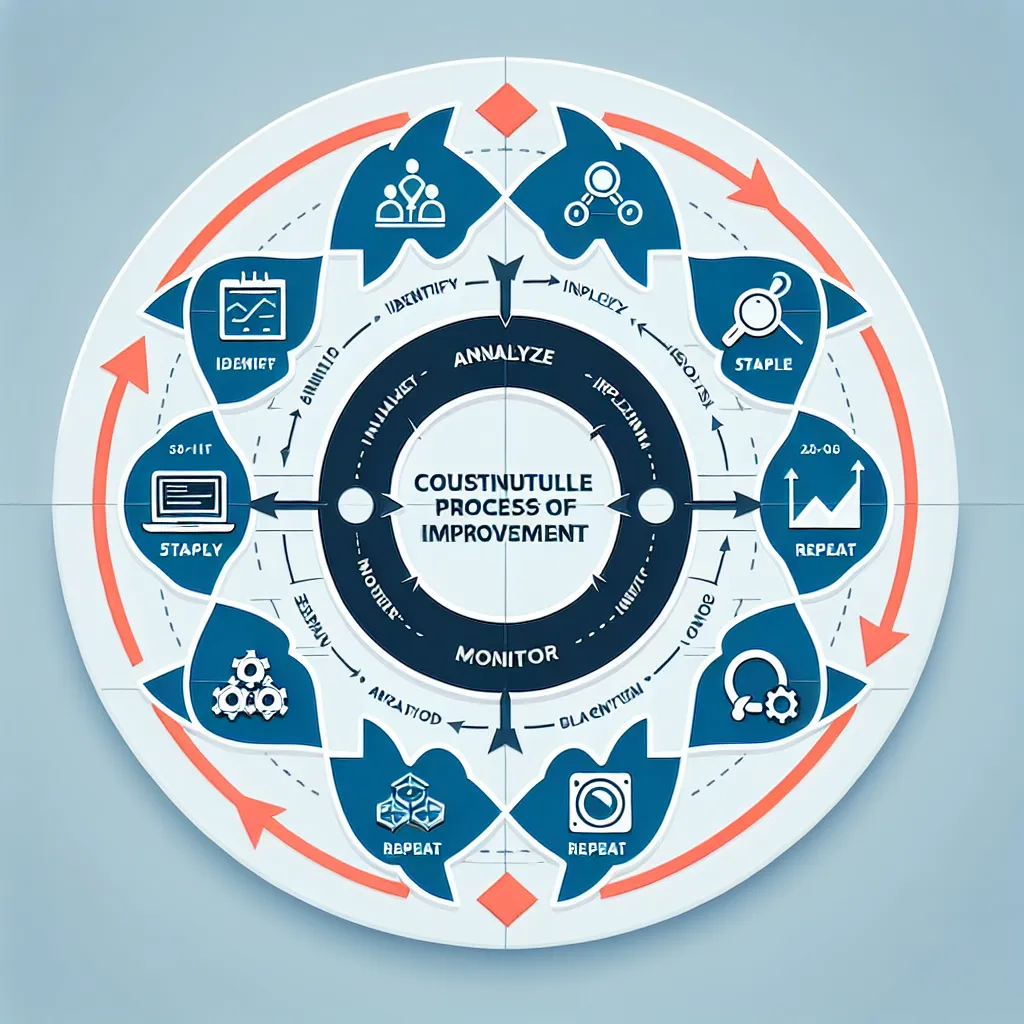Are you gearing up for an English interview? Whether you’re a non-native speaker or simply looking to polish your interview skills, preparing for an English interview can be both exciting and challenging. This comprehensive guide will walk you through the essential steps to help you ace your upcoming interview and make a lasting impression.
Understanding the Importance of English Interview Preparation
Preparing for an English interview is crucial for several reasons. First, it demonstrates your commitment and professionalism to potential employers. Second, it helps you build confidence, which is essential for effective communication during the interview. Lastly, thorough preparation allows you to showcase your language skills and expertise more effectively.
 English Interview Preparation
English Interview Preparation
The Interviewer’s Perspective
When conducting an English interview, interviewers typically assess candidates on multiple fronts:
- Language proficiency: Your ability to understand questions and express yourself clearly in English.
- Professional expertise: Your knowledge and experience related to the job.
- Cultural fit: Your compatibility with the company’s values and work culture.
- Communication skills: Your ability to articulate ideas and engage in meaningful dialogue.
- Problem-solving abilities: Your capacity to think critically and respond to unexpected questions.
Understanding these aspects will help you tailor your preparation and present yourself as a well-rounded candidate.
Essential Steps to Prepare for an English Interview
1. Enhance Your English Language Skills
To excel in an English interview, focus on improving these key areas:
- Vocabulary: Expand your professional and industry-specific vocabulary.
- Pronunciation: Practice clear enunciation of words, especially those related to your field.
- Grammar: Review common grammatical structures used in professional conversations.
- Listening skills: Improve your ability to understand different accents and speech patterns.
Tip: Use language learning apps, watch English news channels, or engage in conversation exchanges with native speakers to enhance your skills.
2. Research the Company and Position
Thorough research is vital for interview success:
- Study the company’s website, social media profiles, and recent news articles.
- Understand the company’s mission, values, and culture.
- Familiarize yourself with the job description and required qualifications.
- Prepare questions about the company and role to demonstrate your genuine interest.
3. Practice Common Interview Questions
Prepare and practice responses to frequently asked interview questions:
-
“Tell me about yourself.”
Sample answer: “I’m a marketing professional with five years of experience in digital advertising. I specialize in creating data-driven campaigns that have consistently increased client engagement and ROI. In my current role at XYZ Company, I’ve led a team that improved conversion rates by 30% through innovative A/B testing strategies.” -
“Why do you want to work for our company?”
Sample answer: “I’m impressed by your company’s commitment to sustainability and innovation in the tech industry. Your recent launch of eco-friendly products aligns perfectly with my personal values and professional goals. I believe my experience in green technology development would contribute significantly to your mission.” -
“What are your strengths and weaknesses?”
Sample answer: “One of my key strengths is my ability to collaborate effectively with cross-functional teams. In my previous role, I successfully coordinated a project involving marketing, sales, and product development teams, resulting in a successful product launch. As for a weakness, I sometimes struggle with delegating tasks, preferring to handle everything myself. However, I’m actively working on this by setting clear expectations and trusting my team members more.”
Remember to tailor your responses to reflect your unique experiences and the specific job requirements.
4. Prepare for Job-Specific Questions
Anticipate and prepare for questions related to your field:
- Review your resume and be ready to discuss your past experiences in detail.
- Prepare specific examples that showcase your skills and achievements.
- Practice explaining technical concepts in simple terms.
5. Develop Your Interview Strategy
Create a strategy to present yourself effectively:
- Use the STAR method (Situation, Task, Action, Result) to structure your answers.
- Prepare a brief “elevator pitch” about yourself.
- Practice active listening and asking clarifying questions.
- Be prepared to discuss your career goals and how they align with the position.
 Interview Strategy
Interview Strategy
6. Conduct Mock Interviews
Simulate the interview experience:
- Ask a friend or mentor to conduct a mock interview in English.
- Record yourself answering questions to analyze your language use and body language.
- Practice with online interview simulation tools.
7. Prepare for Different Interview Formats
Be ready for various interview styles:
- One-on-one interviews
- Panel interviews
- Video interviews
- Phone interviews
Each format requires slightly different preparation and techniques.
Handling Challenging Situations
Responding to Unfamiliar Questions
When faced with a question you’re unsure about:
- Stay calm and composed.
- Ask for clarification if needed.
- Take a moment to gather your thoughts.
- Provide a thoughtful response based on your knowledge and experience.
- Be honest if you don’t know something, but express your willingness to learn.
Example:
Interviewer: “Can you explain the impact of blockchain technology on our industry?”
You: “While I don’t have extensive experience with blockchain in this specific context, I understand its potential for enhancing security and transparency in transactions. I’d be very interested in learning more about how your company is exploring this technology and how it could revolutionize our industry practices.”
Common Mistakes to Avoid
- Inadequate research about the company
- Poor time management leading to tardiness
- Overuse of filler words (um, uh, like)
- Negative comments about previous employers
- Lack of specific examples to support claims
- Failing to ask thoughtful questions about the role or company
To avoid these pitfalls, practice active listening, prepare relevant examples, and maintain a positive, professional demeanor throughout the interview.
Follow-up Questions and Answers
Here are some additional questions you might encounter, along with suggested responses:
-
“How do you handle stress and pressure?”
Suggested answer: “I thrive under pressure by staying organized and prioritizing tasks. I use time management techniques like the Pomodoro method to maintain focus and take short breaks to recharge. This approach has helped me successfully manage multiple deadlines in my previous roles.” -
“Describe a time when you had to work with a difficult team member.”
Suggested answer: “In my last project, I collaborated with a colleague who had a very different working style. I initiated a one-on-one meeting to understand their perspective and find common ground. We agreed on clear communication channels and deadlines, which significantly improved our teamwork and led to a successful project completion.” -
“Where do you see yourself in five years?”
Suggested answer: “In five years, I aim to have deepened my expertise in [specific area relevant to the job], possibly taking on a leadership role where I can mentor others and contribute to strategic decision-making. I’m excited about the potential for growth and development that this position at your company offers.” -
“How do you stay updated with industry trends?”
Suggested answer: “I regularly read industry publications like [mention specific ones], attend webinars, and participate in professional networking events. I’m also part of online communities where professionals share insights and discuss emerging trends. This helps me stay informed and adapt my skills to the evolving market needs.” -
“Can you give an example of a time you showed initiative?”
Suggested answer: “In my previous role, I noticed our customer feedback process was inefficient. I proposed and implemented a new digital survey system that increased response rates by 40% and provided more actionable data. This initiative led to several product improvements and boosted customer satisfaction scores.”
Remember to adapt these answers to your personal experiences and the specific context of the job you’re applying for.
Conclusion
Preparing for an English interview requires dedication, practice, and a strategic approach. By focusing on language skills, company research, and interview techniques, you can significantly increase your chances of success. Remember, confidence comes from preparation, so invest time in honing your skills and knowledge.
As you embark on your interview journey, keep in mind that each interview is a learning experience. Reflect on your performance after each one and use any feedback to continuously improve. With persistence and the right preparation, you’ll be well-equipped to excel in your English interviews and take the next step in your career.
We encourage you to share your own interview experiences or ask questions in the comments below. For more insights on acing English interviews, check out our related articles on how to introduce yourself in an English interview and how to talk about your professional strengths in English.




